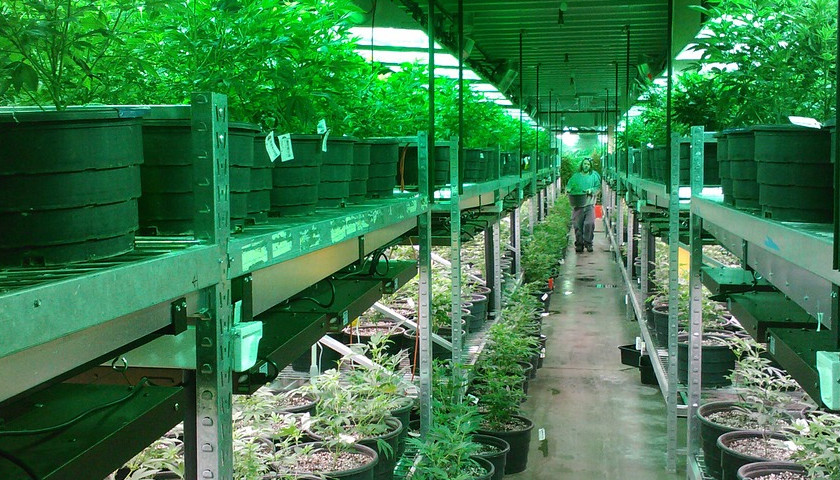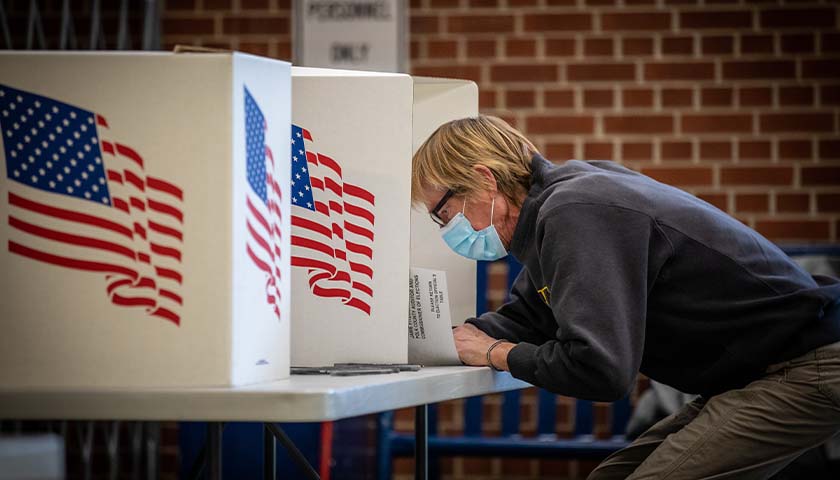Ballotpedia is tracking 20 citizen-initiated measures in nine states related to marijuana that could appear before voters in 2022. As of 2022, recreational marijuana is legal in 18 states and Washington, D.C., and medical marijuana is legal in 36 states and D.C.
In Ohio, sponsors of an initiative to legalize recreational marijuana submitted an additional 29,918 signatures on January 13, after the secretary of state verified their initial petition contained 119,825 valid signatures–13,062 less than the number required. If enough of the additional signatures are found to be valid, the initiative will go before the state legislature. If the state legislature does not enact it outright, sponsors will have to collect a second round of 132,887 signatures to place it on the 2022 ballot. In 2015, Ohio voters defeated Issue 3 with a margin of 63.65% to 36.35%.
In Arkansas, voters could decide on two marijuana initiatives. One initiative would decriminalize marijuana, give limited immunity to cannabis businesses, and create regulations on the cannabis industry. The other would legalize marijuana use for individuals 21 years of age and older regardless of residency. Both campaigns have until July 8, 2022, to collect 89,151 valid signatures.
Read More

